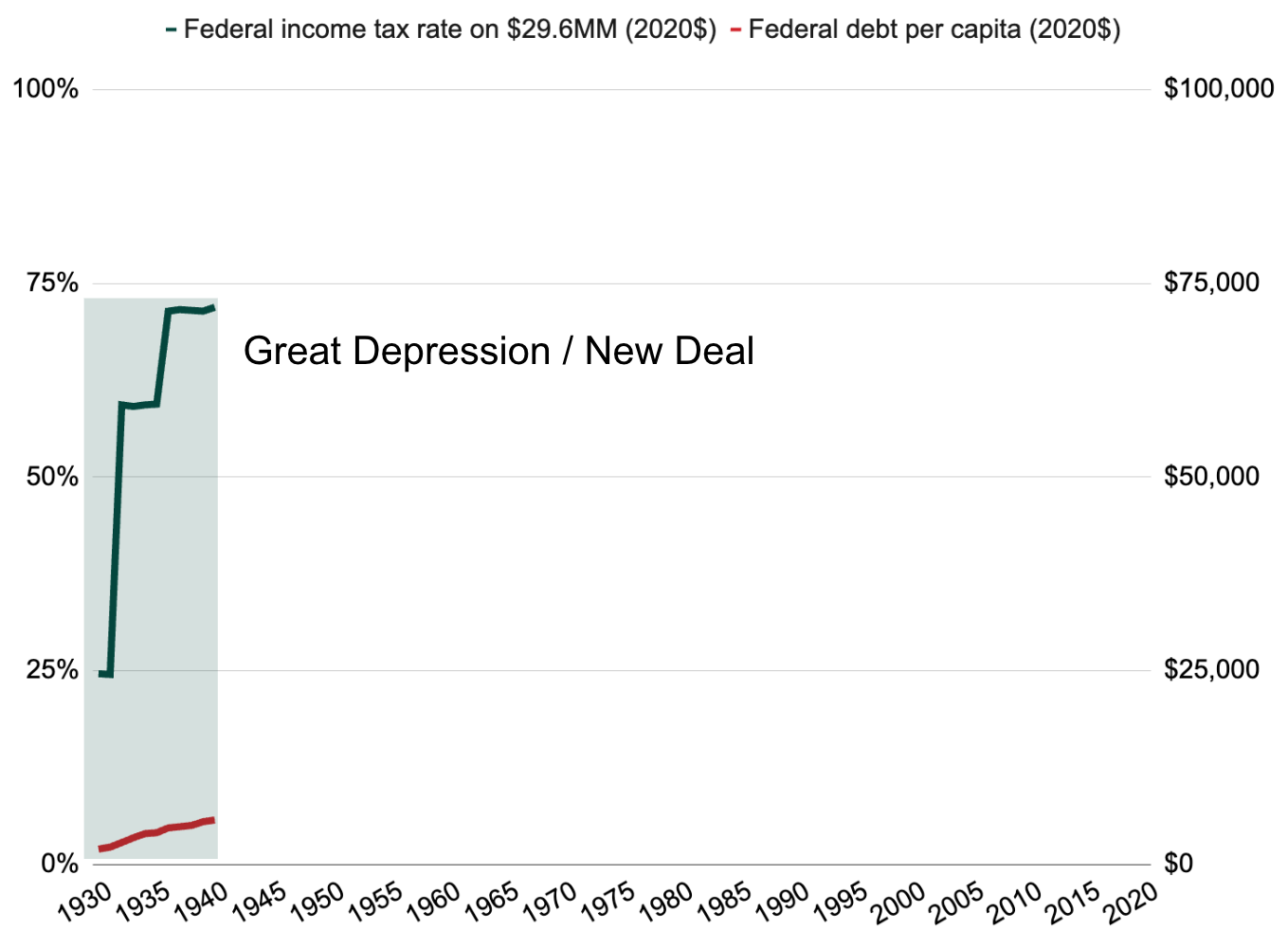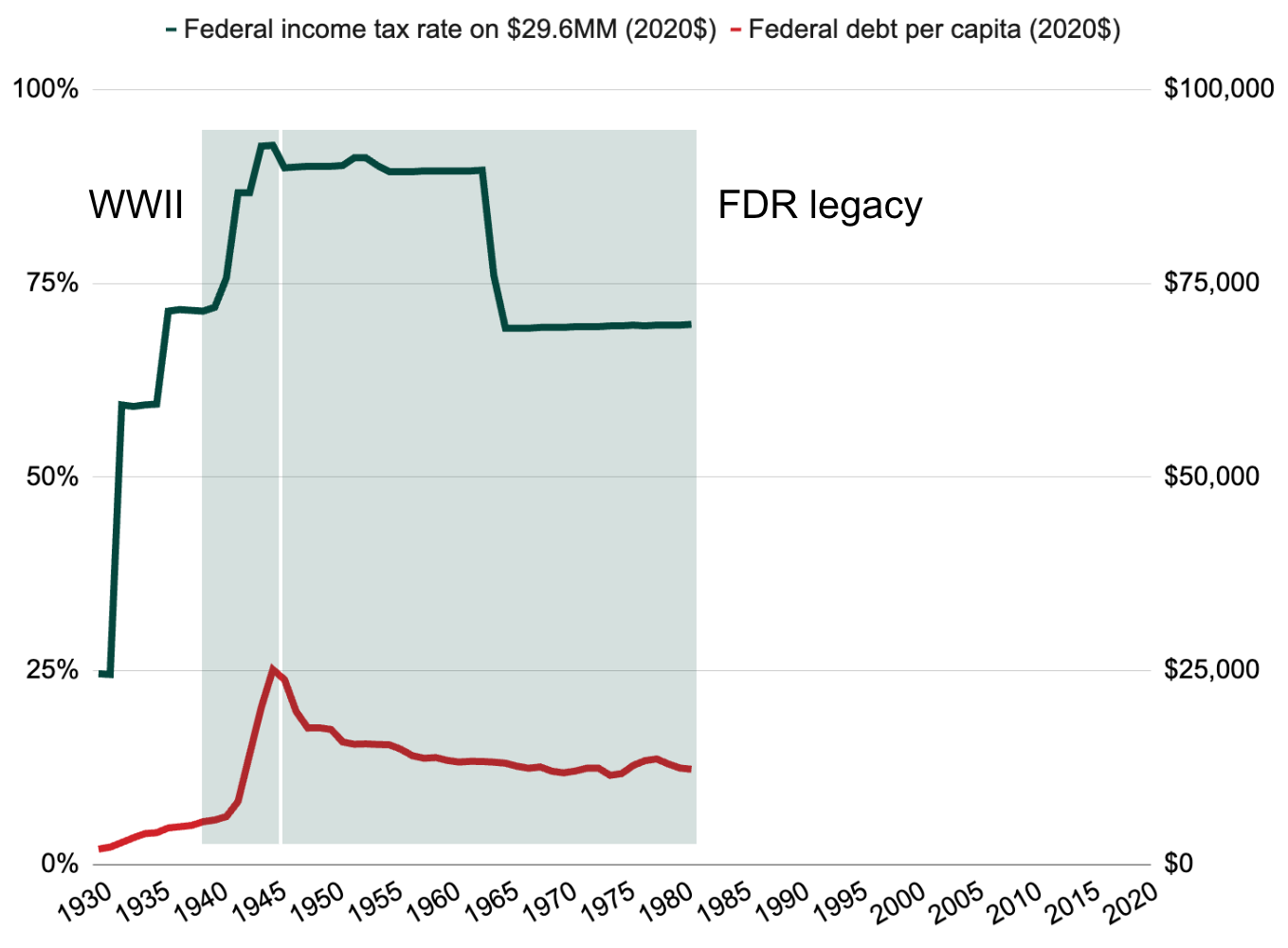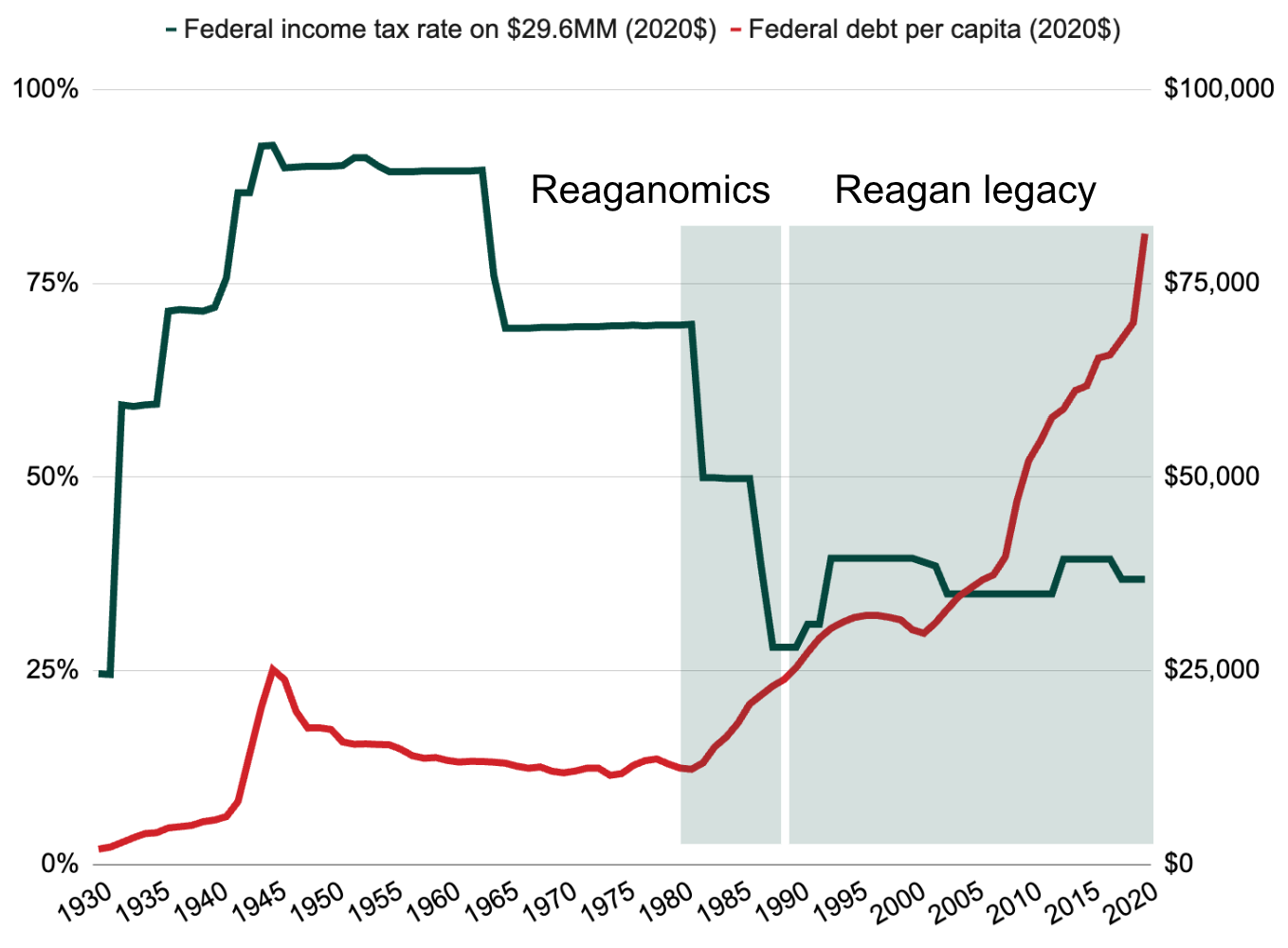The following letter is adapted from a presentation delivered at today’s Upper School assembly in Brauer Auditorium.
Yesterday snapped an eight-day winning streak for the S&P 500 stock market index, which has appreciated nearly 15% over the course of this calendar year. While I should note that stock market health is not the same thing as national economic health, last month a Wall Street Journal survey of economists found that a near-term recession, long regarded as inevitable, is becoming less likely. As if on cue, the headline of another Journal article a few days later declared, “The Economy Is Great” and asked why, then, Americans are in “Such a Rotten Mood.” I will return to that question in a few minutes.
For the United States, as has so long been the case, a resilient economy means massive consumption of material and energy resources. You may not realize, though, just how voracious our appetite is. In 2021 alone, your share of the meal—each of you individually—was 10,643 pounds of crushed stone, 7,088 pounds of sand and gravel, and 724 pounds of cement. On the energy side, your personal serving included 9,456 pounds of natural gas, 6,527 pounds of petroleum, and 3,290 pounds of coal.

It is worth our time to consider how this appetite compares on a global basis. The United States accounts for about 4.2% of the world’s population but consumes 27% of its manganese, 23% of its natural gas, and 20% of its petroleum. In fact, we consume nearly all natural resources that are essential to agriculture and industry at rates disproportionate to our number. The circumstances that account for this phenomenon are diverse and complex, but a brief review of 20th- and 21st-century national economic policy may be helpful to our understanding.

I would argue that, considered strictly in terms of economic impact and legacy, only two American leaders of the last 100 years stand out: Franklin D. Roosevelt and Ronald Reagan. When he commenced his presidency in 1933, Roosevelt initiated ambitious federal projects, the scale of which required extraordinary deficit spending—spending beyond available revenue—and thus precipitated growth in the national debt. Each American’s inflation-adjusted share of the debt is represented here by the red line, which is measured along the right axis. To offset the size of the deficits, Roosevelt imposed steep tax rates, especially on high-income earners. The green line in this graph, measured along the left axis, depicts the tax rate on a household earning the equivalent of $29.6 million in recent (2020) dollars. I will explain momentarily why I have chosen this specific income to illustrate.

The advent of World War II only furthered Roosevelt’s commitments to deficit spending (to fund the war effort) and heavy taxation (to limit expansion of the federal debt). In the 35 years that followed Roosevelt’s death in office in 1945, under both Democratic and Republican presidencies, debt aversion and high taxes remained the status quo, but relentless economic headwinds during the 1970s challenged these increasingly unpopular priorities.

Reagan, who was inaugurated in 1981, responded by collapsing tax rates to pre-Great Depression levels. The resulting reduction in government revenues relative to expenditures (notwithstanding Reagan’s stated hopes for a balanced budget) contributed to a significant rise in federal debt per capita over the course of his presidency; and the protraction of “tax less, spend more” fiscal policies through the present day, under Republican and Democratic administrations alike, has left untouched and thus allocable to material consumption—especially in affluent households—considerable sums of income that would have been collected as tax under Roosevelt and his seven immediate successors to the White House. It has also, however, accelerated a potentially worrisome federal debt burden per capita. No president or session of Congress since Reagan has been willing either to raise taxes or to diminish spending at a scale sufficient to reduce this burden, and so our nation continues to borrow money from its future generations.

A related and frequently cited phenomenon of American life in recent decades is the steadily expanding gap between upper-income earners and everyone else. The ratio of average CEO compensation at the 350 largest United States corporations to average worker compensation now approaches 400 to 1, reflecting an annualized inflation-adjusted CEO pay increase of more than 6% since 1965. (The median American household, by contrast, has seen only a 0.3% annualized inflation-adjusted income growth rate over the same period.) Average CEO compensation at the largest corporations in 2021, by the way, was $29.6 million—thus my choice of this figure in previous slides to demonstrate how differently such a wage would have been taxed under Roosevelt than it is today.
The word “enough” has been much on my mind recently, and I would suggest that it should also be on yours. I believe that the question “how much is enough?”—how much resource consumption, how much federal debt load, how much income disparity, how much “rotten mood”—will prove an essential one as your generation matures into adulthood and shapes the world to its priorities. Divergent answers to the “enough” question between members of different economic classes explain our current political crisis and resurgent populism far better, I would contend, than differences between the political parties themselves. In 1965, the CEOs of our largest corporations were paid, on average, the equivalent of about $1 million today. Was that enough? In 2021, they were paid nearly $30 million on average. Is that enough? Ask different Americans, and I expect you will hear different answers.

So what does any of this have to do with Thanksgiving? I had the privilege of visiting our first-grade students earlier this week, and I spent some time emphasizing with them the essential importance of kindness and generosity not only for the sake of others, but for the sake of oneself. “Happiness,” I said, “is treating other people like they are the center of the world.” Americans continue to rank among the most philanthropic people of any nation and are collectively almost always more philanthropic each year than the last, even after adjustments for inflation. This fundamental goodness of heart—which our own celebrations of Thanksgiving at MICDS exemplify—is firm ground to build upon as our society confronts the normalization of devaluing and even dehumanizing people with whom we disagree, and as we grapple with the “enough” question. “An enemy,” writes the Slovenian philosopher Slavoj Žižek, “is someone whose story you have not heard.”
The act of reflection with which I ask you to conclude today’s assembly is this: Think of something you want that you objectively do not need, and replace it in your mind with the face of someone—perhaps “an enemy,” perhaps someone different than you, perhaps a stranger—whose story you have not heard, or have not tried hard enough to hear. Any person’s need should be more important than my want. Theirs is a story I should seek to understand. Happiness is treating other people like they are the center of the world. Isn’t this—more than consumption, more than materiality, more than money—isn’t this enough?
Always reason, always compassion, always courage. Happy Diwali, happy Veterans Day, and happy weekend to you all. My best wishes to you and your families.
Jay Rainey
Head of School
This week’s addition to the “Refrains for Rams” playlist is Highway 61 Revisited by Bob Dylan, the seventh track on his 1965 record of the same name, which is cited here, here, here, here, here, and here as one of greatest albums ever recorded (Apple Music / Spotify).
